For the last several decades, traditional credit has played a core role in allowing consumers and firms to purchase goods and capital that were otherwise financially unattainable. However, as credit risk and default rates spike globally, the payment system has been calling for a new revolutionary mechanism for credit transactions. The Swedish fintech giant, Klarna, has been leading this charge within the credit industry with the credit service known as buy now pay later (BNPL).
Buy now pay later vs Credit cards
Buy now pay later schemes are a type of short-term financing that allows consumers to make purchases and pay for them at a future date, often interest-free. This is usually done through a down payment, often 25% of the total payment, with subsequent payments occurring over several instalment periods.
Although BNPL services do share similarities with traditional credit services, there are several very important distinctions:
- Unlike banks who often conduct “hard checks” on your credit history, BNPL services conduct “soft searches” which won’t affect your credit score.
- Unlike credit card payments which are all directed to the bank provider, each transaction through a BNPL service will be a separate credit agreement which will only involve the retailers that are participating in the scheme.
- BNPL services often charge no interest or give longer interest-free instalment periods due to them mainly earning profits through merchant fees.
- BNPL services offer more flexibility in terms of frequency and size of instalment payments.
- Unlike the numerous credit card fees, possessing a BNPL account is usually free of charge.
Despite BNPL services not providing the perks of points, miles, and cashback, they have become increasingly popular among students who often only receive periodic sources of income, making BNPL a perfect fit for paying off their debt interest-free on time.
Expansion of Swedish Unicorn Klarna
At exactly 11:06:40 AM on April 10, 2005, Klarna made its first-ever transaction at a Swedish bookshop called Pocketklubben. Since then, Klarna’s growth has been fuelled by its effective marketing through customer centricity and millennial appeal. Their millennial-appealing projects have involved many trendy marketing campaigns with notable shareholders like Snoop Dogg. During the summer of 2021, Klarna became the highest-valued private fintech in Europe with a post-money valuation of $45.6 billion. Klarna also holds a market share monopoly in website adoption with a rate of 53%, higher than its competitors Afterpay, Sezzle, ZipPay, and Affirm which only have a combined total share of 39%. Their vast growth in consumer outreach has been well justified as, compared to credit cards, Klarna is also about 20% to 30% lower than the industry average when it comes to credit default rates.
Will buy now pay later services replace traditional credit?
In the UK, BNPL services like Klarna have had their gross merchandise volume grow by close to 8x since 2018, reaching 18 million consumers from just 4 million in 2018, with 22,000 retail partners. However, aware of the rapid growth of the BNPL market, the Financial Conduct Authority has announced plans to regulate the BNPL industry, including potentially requiring lenders to carry out ‘hard’ credit checks instead of ‘soft’ checks. Another major influence on the success of the BNPL market will come down to the societal standpoint on unmonitored spending, especially by students who may lose track of their spending. The ease and convenience of BNPL make it significantly easier to spend money you haven’t got which can lead to debt quickly spiralling. I do agree that BNPL services will revolutionise the transactional landscape, in particular for more everyday spending, but we have to stay aware that with easier access to credit also comes greater financial responsibility.







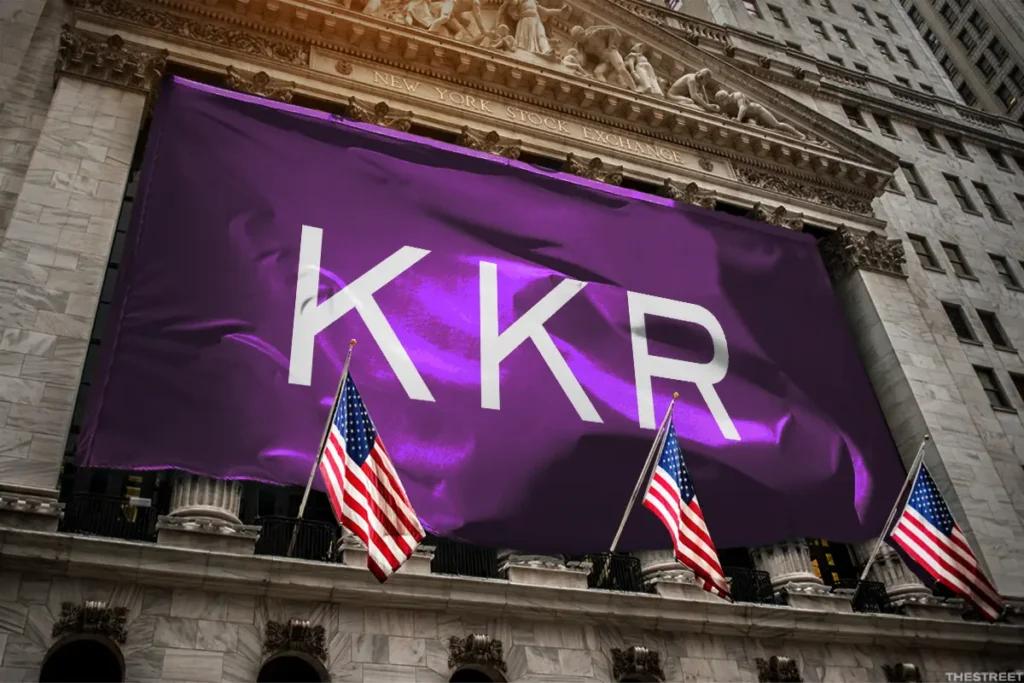
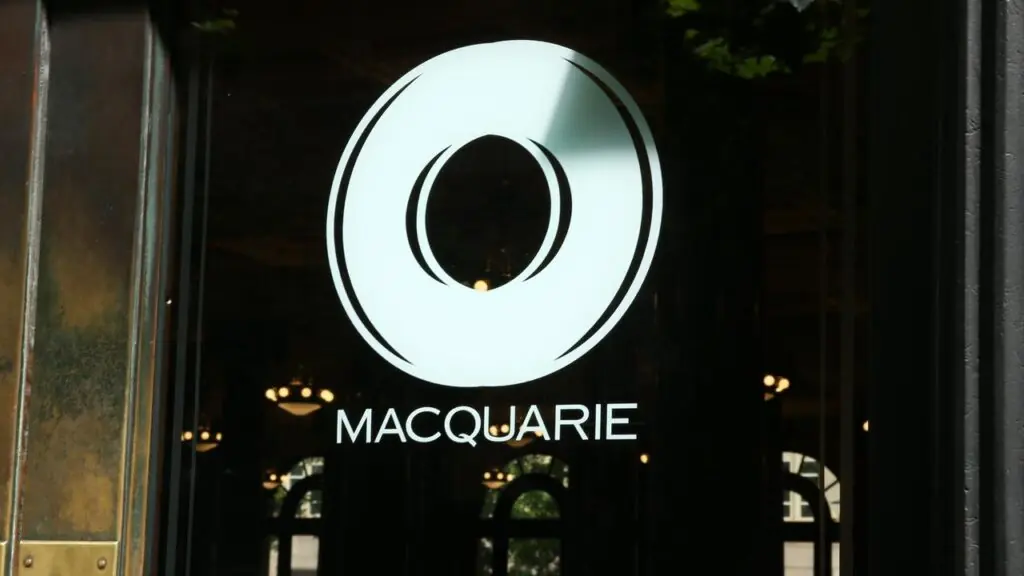
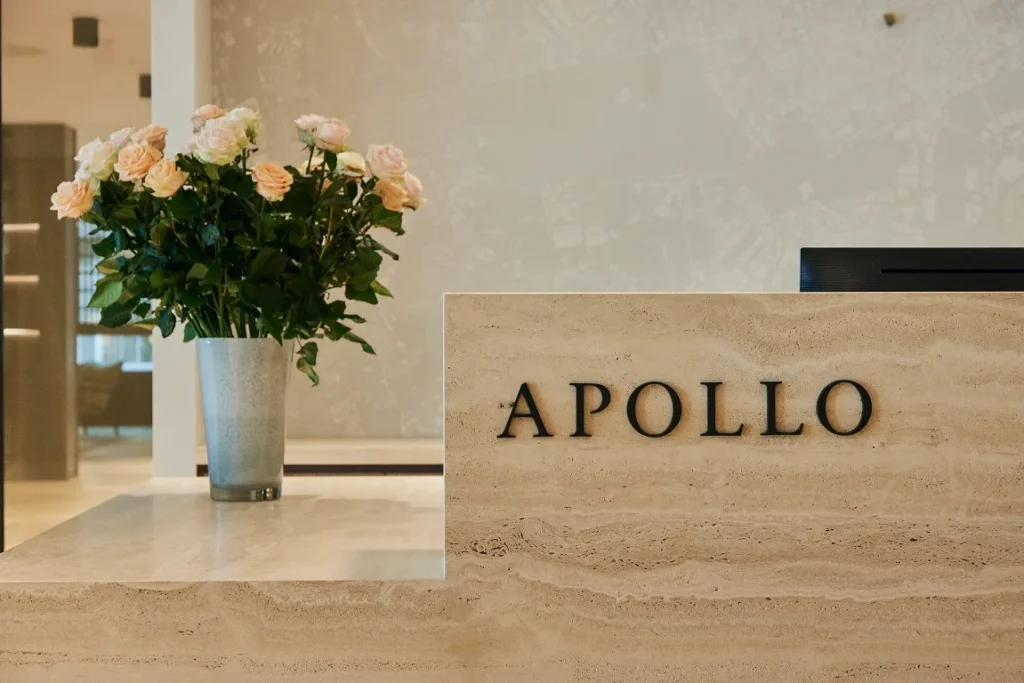
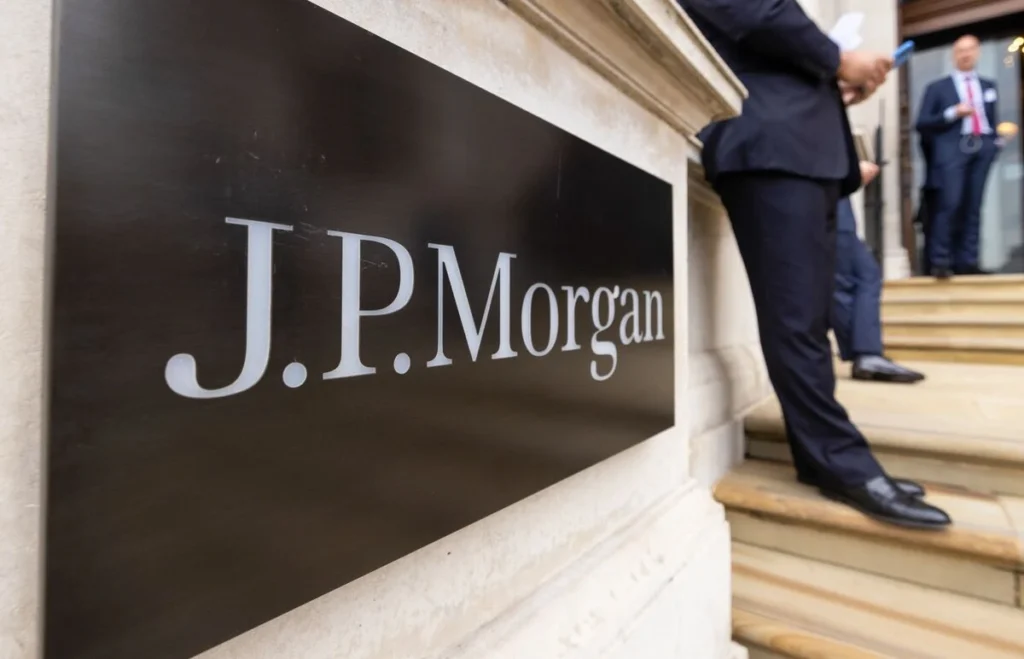


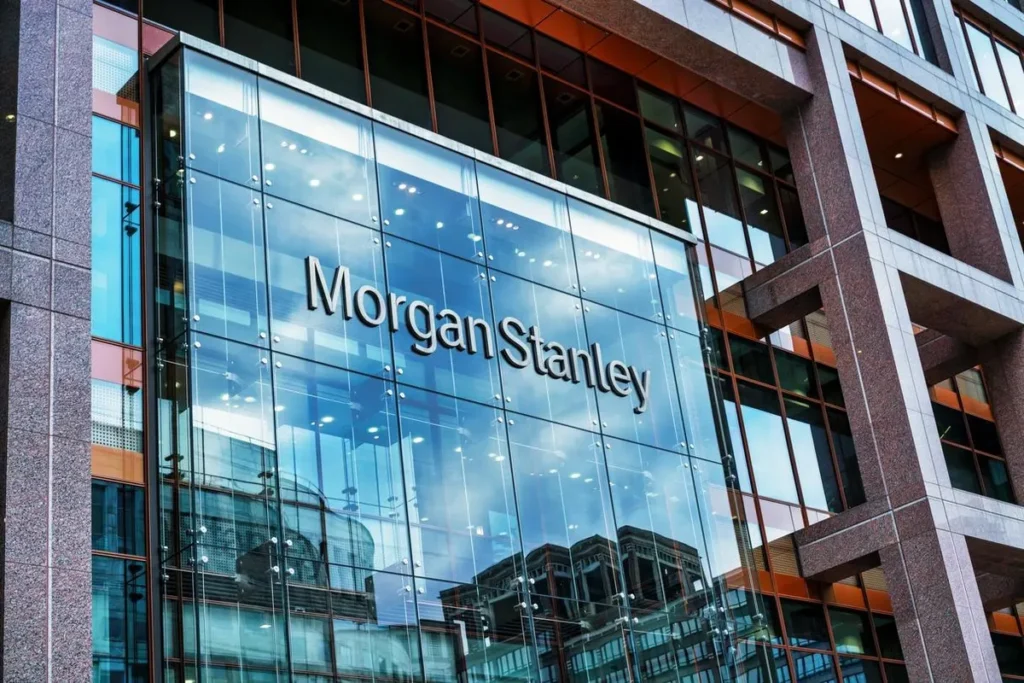
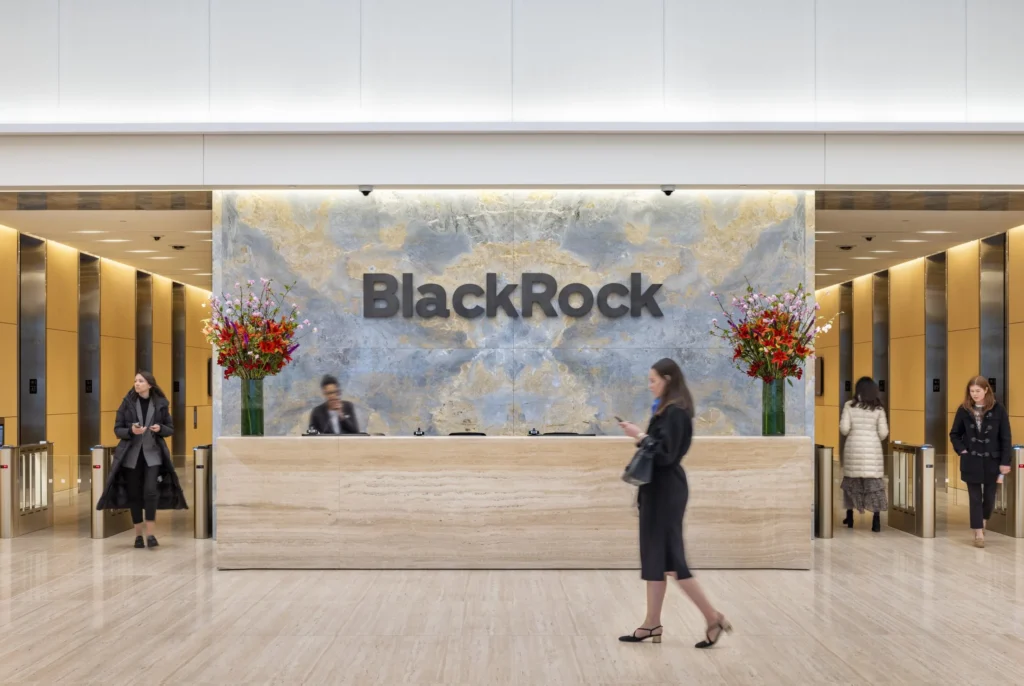



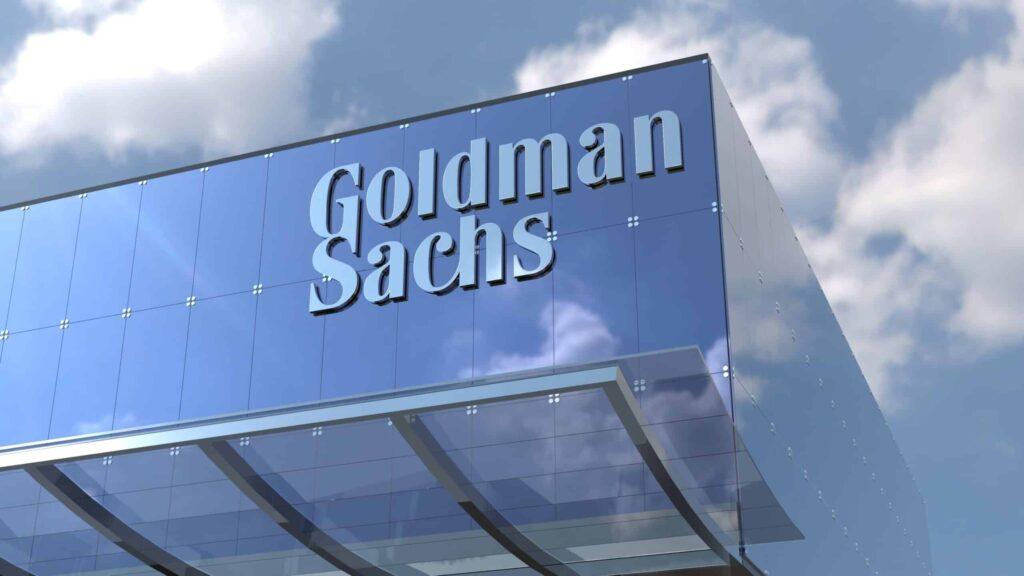
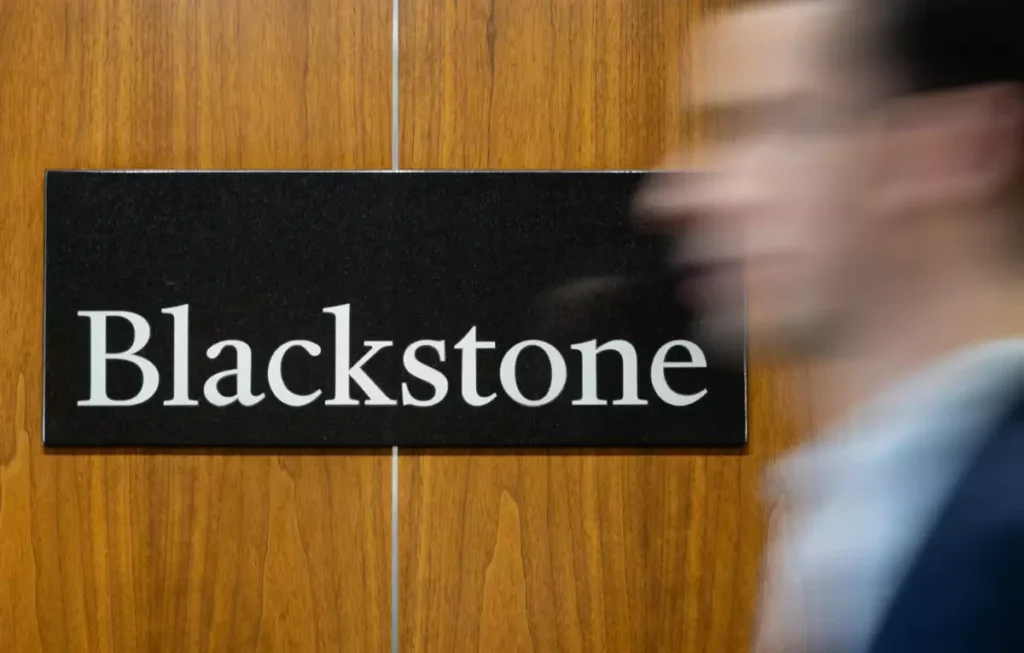
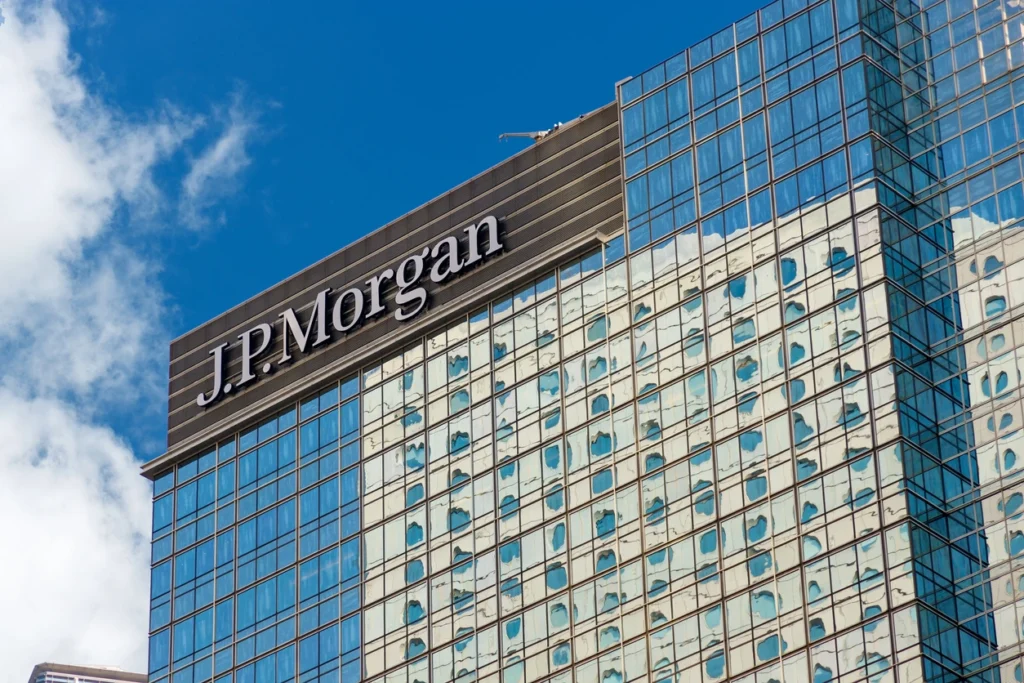
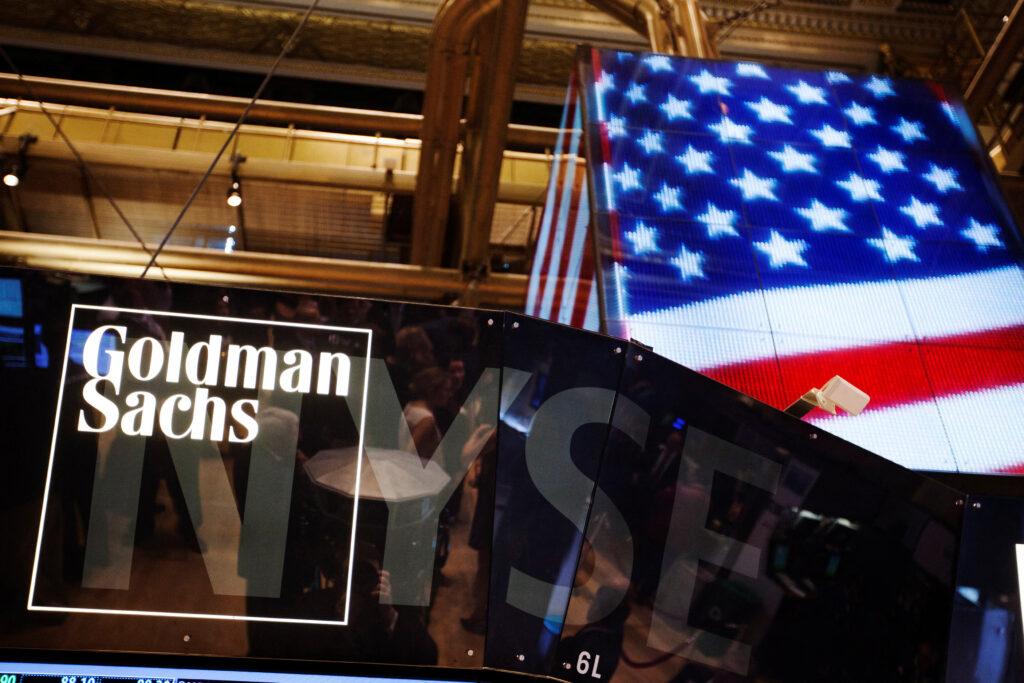
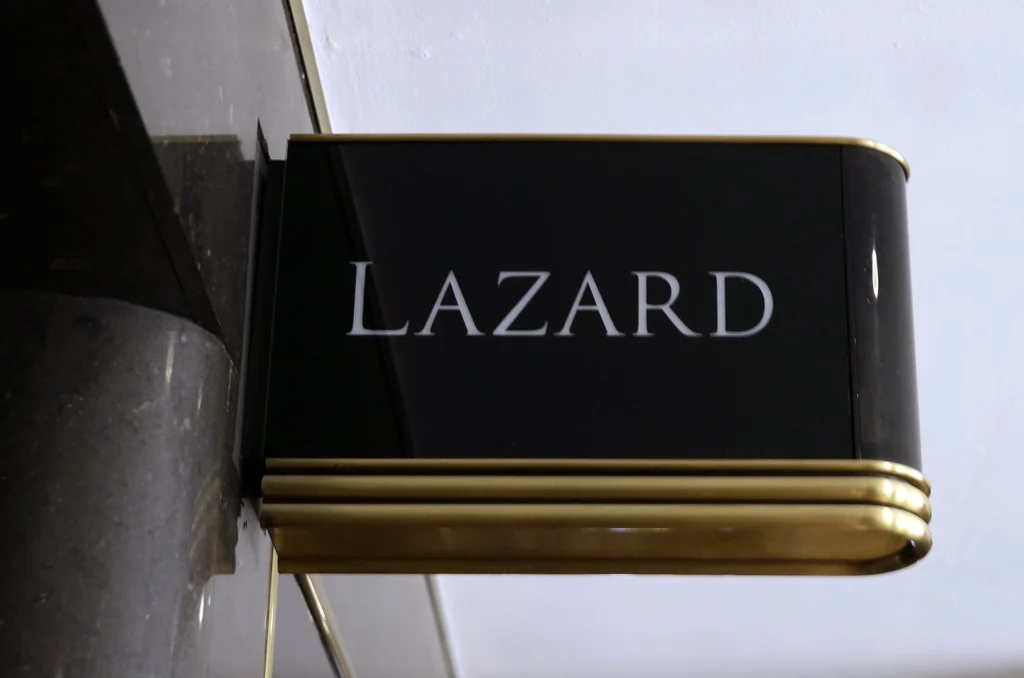






Continue with Facebook Continue with Google